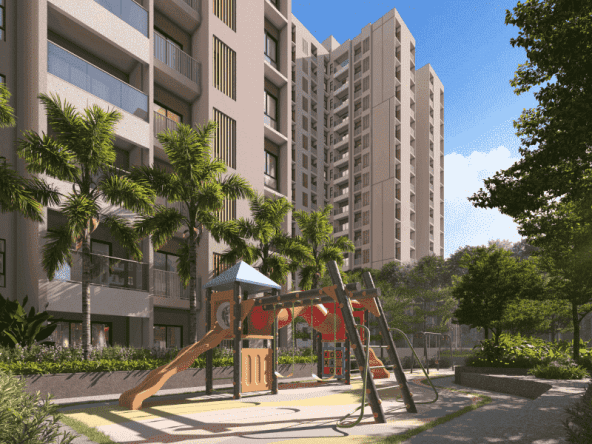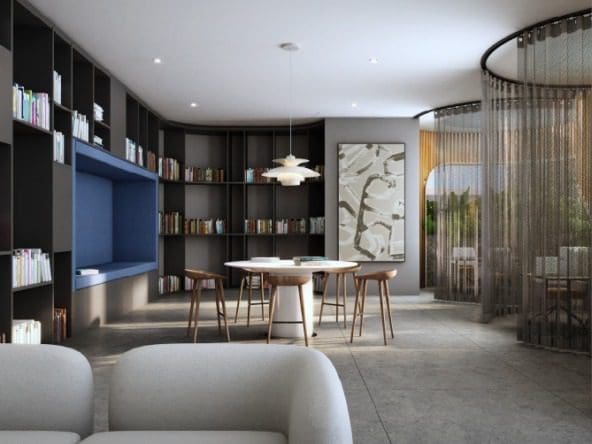The real estate sector has also fallen prey to the turmoil during the pandemic like many other sectors. 2020 has altered our perspective of interacting with the world. After three years of business disruption in the real estate sector, especially the housing segment due to demonetisation, GST implementation, NBFC crisis, the market was getting a hold. But COVID-19 savaged the plans of recovery and growth.
Although 2020 was challenging, this sector can act as the backbone for the overall development of the economy. The relationship between the consumer and developer has started seeing a new trend. Some of the expected trends in real estate which may occur in 2021 are discussed below.
Investment In Housing Segment For Personal Use
In India, over the last few years, the mindset to encourage rental homes has become more common than settling down with personally purchased homes. However, the pandemic has reinstalled the thought of owning a house. Staying close to the office is no more the criteria for many, which had once been the limiting factor to stop them from investing.
People prefer to opt for affordable suburban cities to avoid the hustle-bustle of populated and polluted areas. Such small cities will see a rise in the development of builder floors than the apartments. However, big cities like Mumbai will develop more gated communities due to the numerous benefits.
Builder’s Confidence Enhancement Through Sales
Strong financial status with brand equity-like corporate developers will own a majority of the market share. However, weaker companies preferred to survive by utilising their assets through development management agreements or business takeovers. Therefore for better customer-centric service, efficient technologies need to be introduced.
Change In The Workplace Environment
With the increasing trend in the work-from-home model in IT companies, business owners worldwide find alternatives to minimise costs, with real estate being the first target on their list. Instead, smaller properties may be preferred compared to single large offices. Therefore prioritising health, hygiene, and social distancing over space efficiencies would gain more importance.
Increased Foreign Investors For Commercial Real Estate
Even during the lockdown, foreign investors showed interest in Indian assets like deals with Brookfield-RMZ, Blackstone-Prestige. Another asset segment that has been greatly benefited during this period is the warehousing and logistics sectors. They will continue to see promising interest from various sectors like e-commerce, 3PL, FMCG, pharma, etc. For institutional investors, more REITs (Real Estate Investment Trust) will hit the capital market in 2021.
Bigger House Investment
Before the pandemic, buyers opted for more compact houses with smaller house sizes, but post-pandemic, the trend has reversed in 2021, and buyers are opting for bigger houses to enjoy their new lifestyle.
Credit Crunch
Due to the pandemic-induced uncertainties, buyers will get more risk-averse in terms of credit terms. So the reputed developers will dominate such a market and escape the crisis.
Housing Prices
The property prices fell further during COVID from 15-16%, but this price is expected to remain constant without further fall from current levels.
Co-Working Culture
With start-ups and small entrepreneurs shutting down and uncertainties in business, co-working culture will emerge strongly due to its flexibility.
Conclusion
The real estate sector affected by the pandemic crisis has started finding its feet and a ray of hope for its existence. In the coming days, the recovery will solely depend on the COVID situation and the economic recovery. Real estate needs to be cautiously optimistic in 2021.



